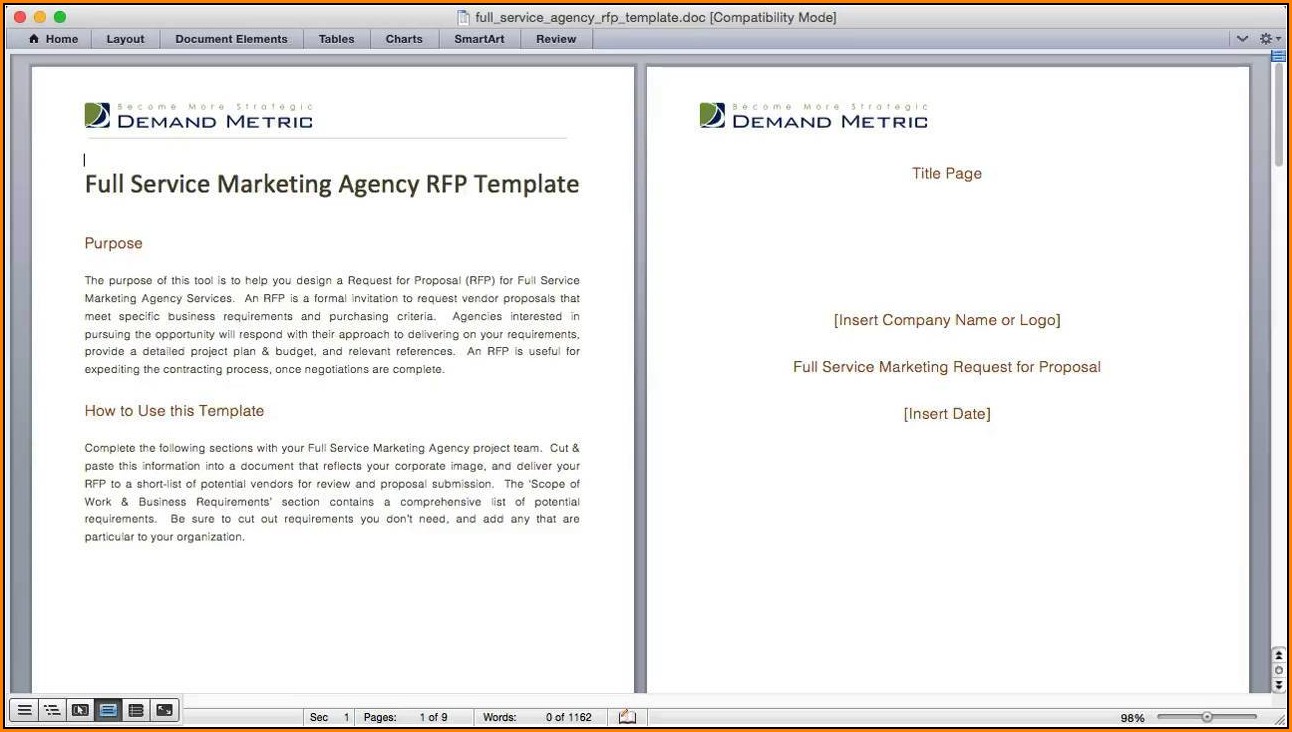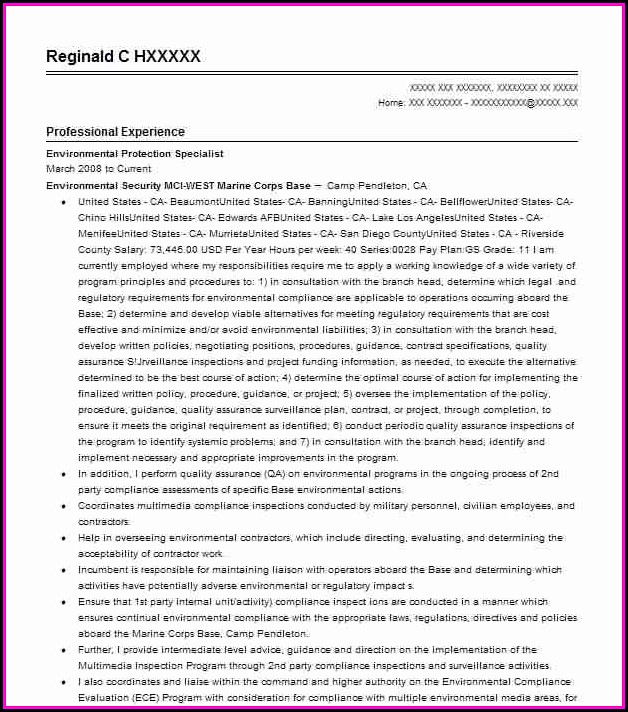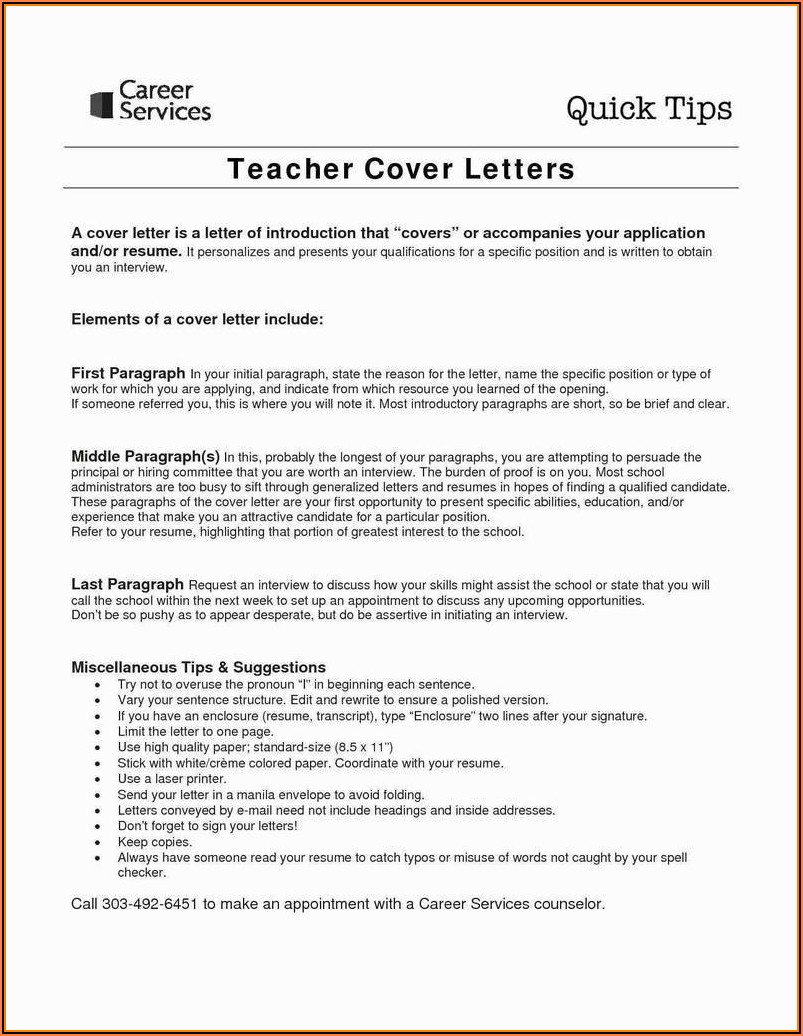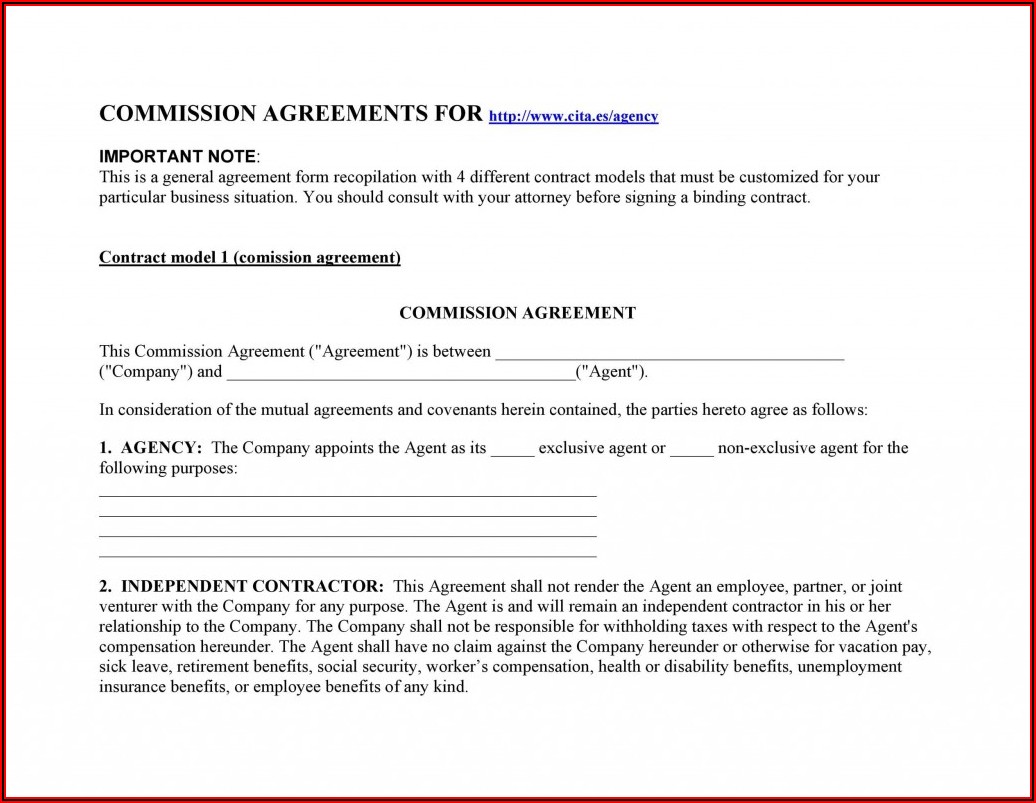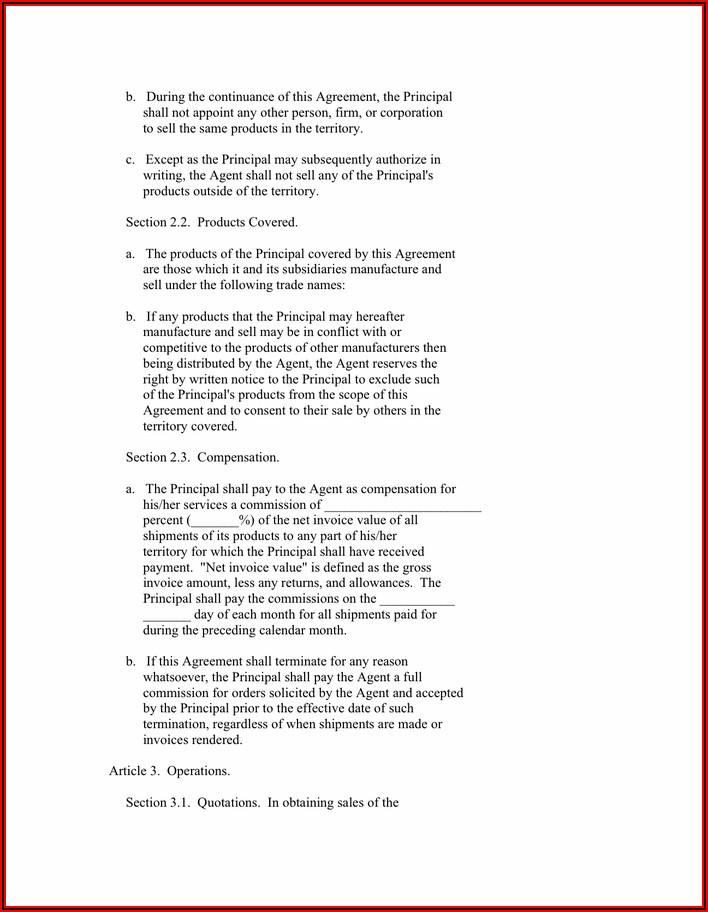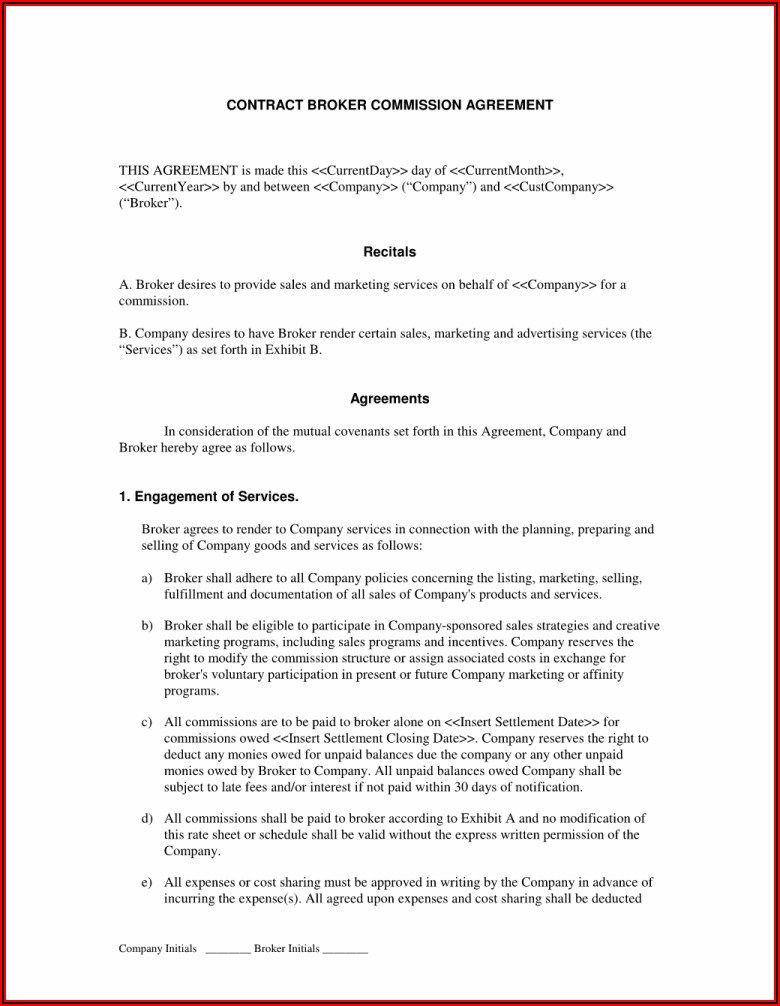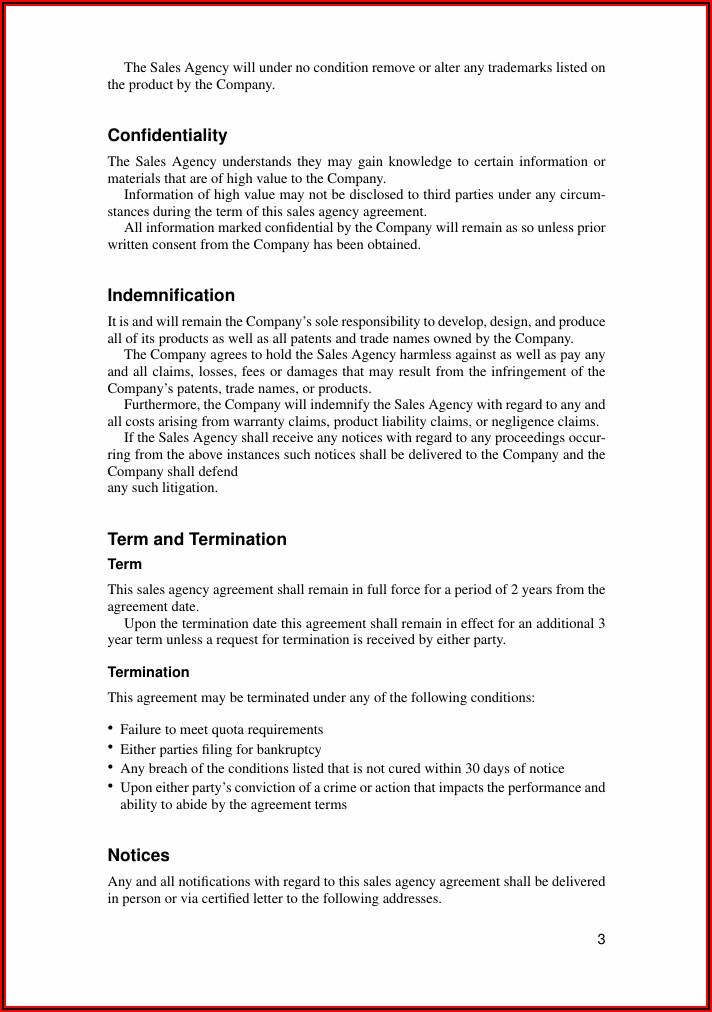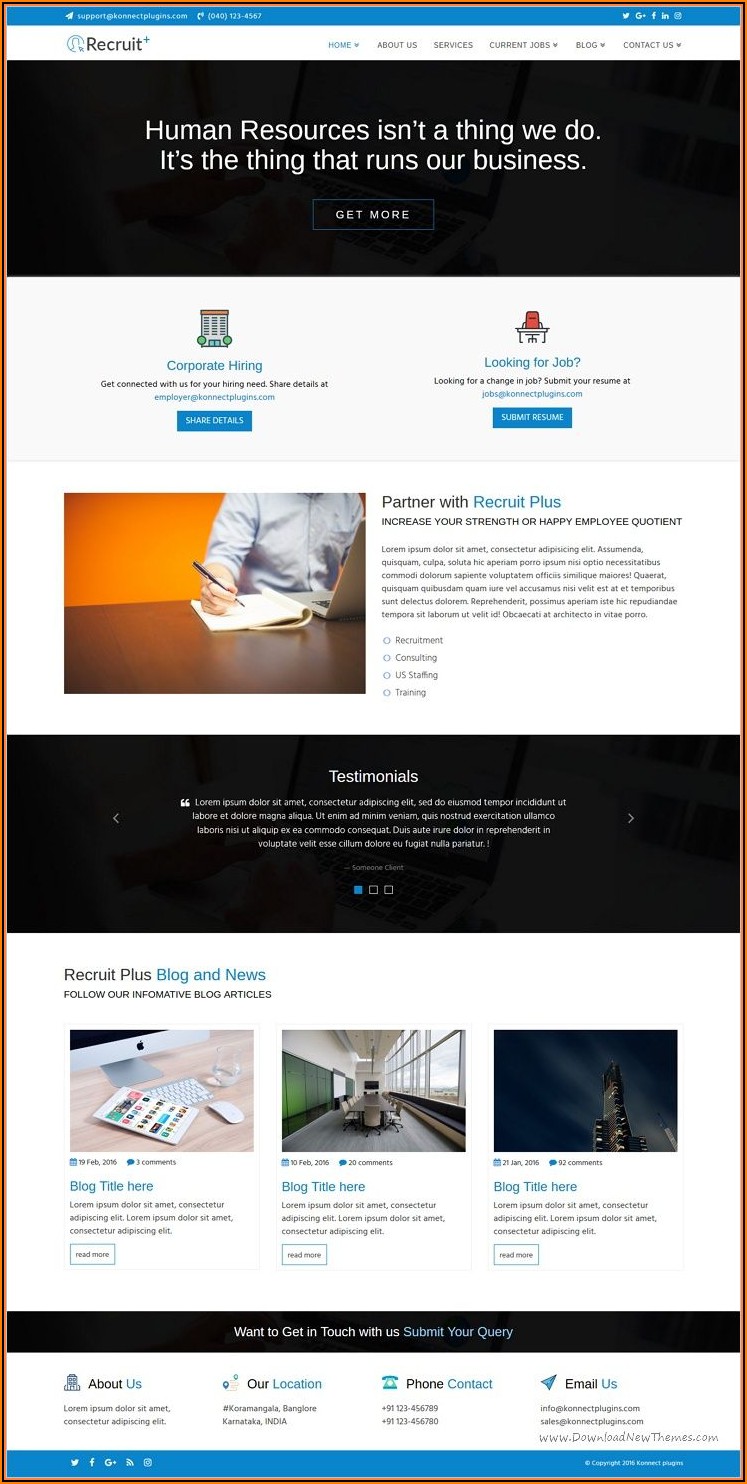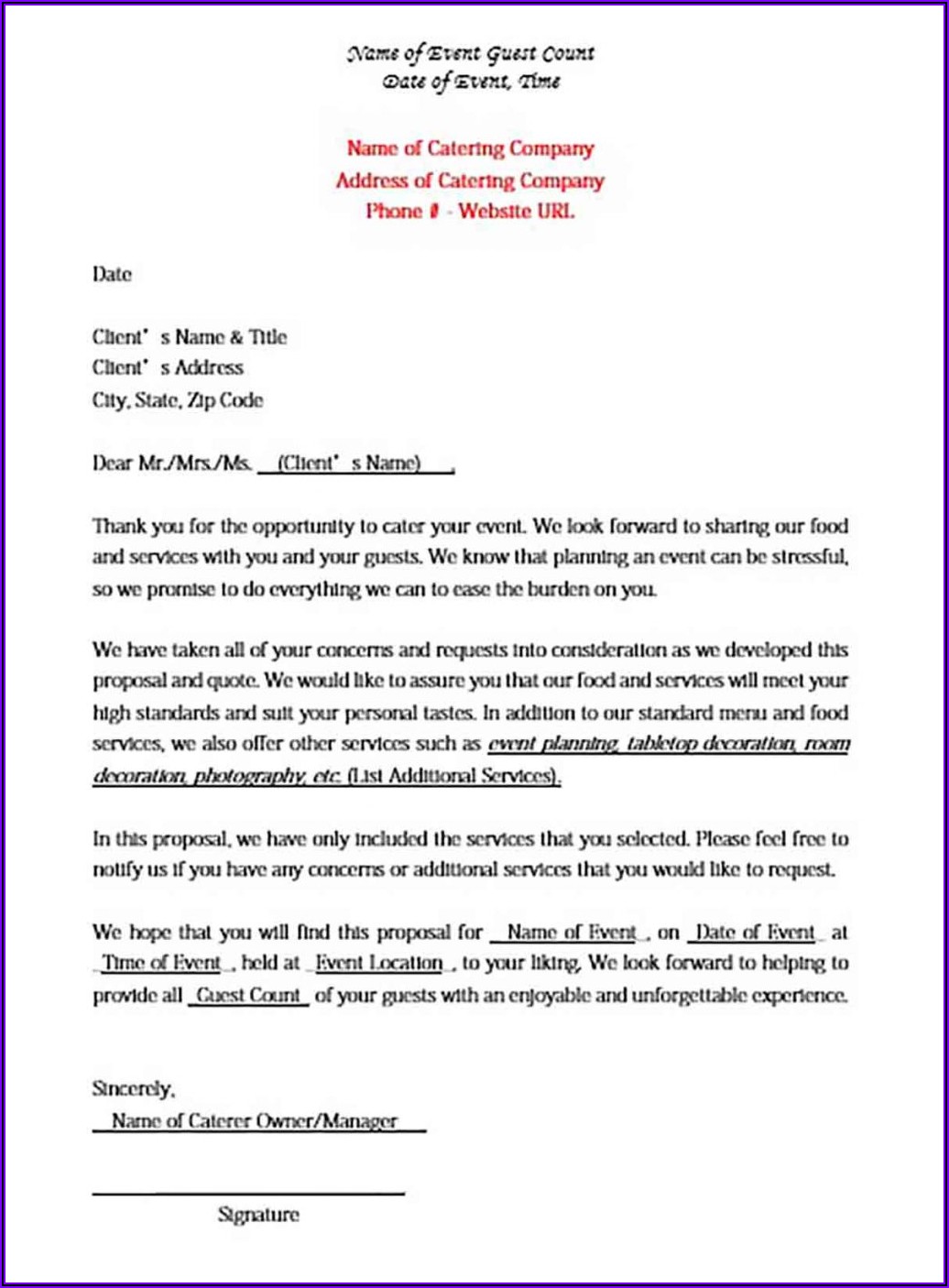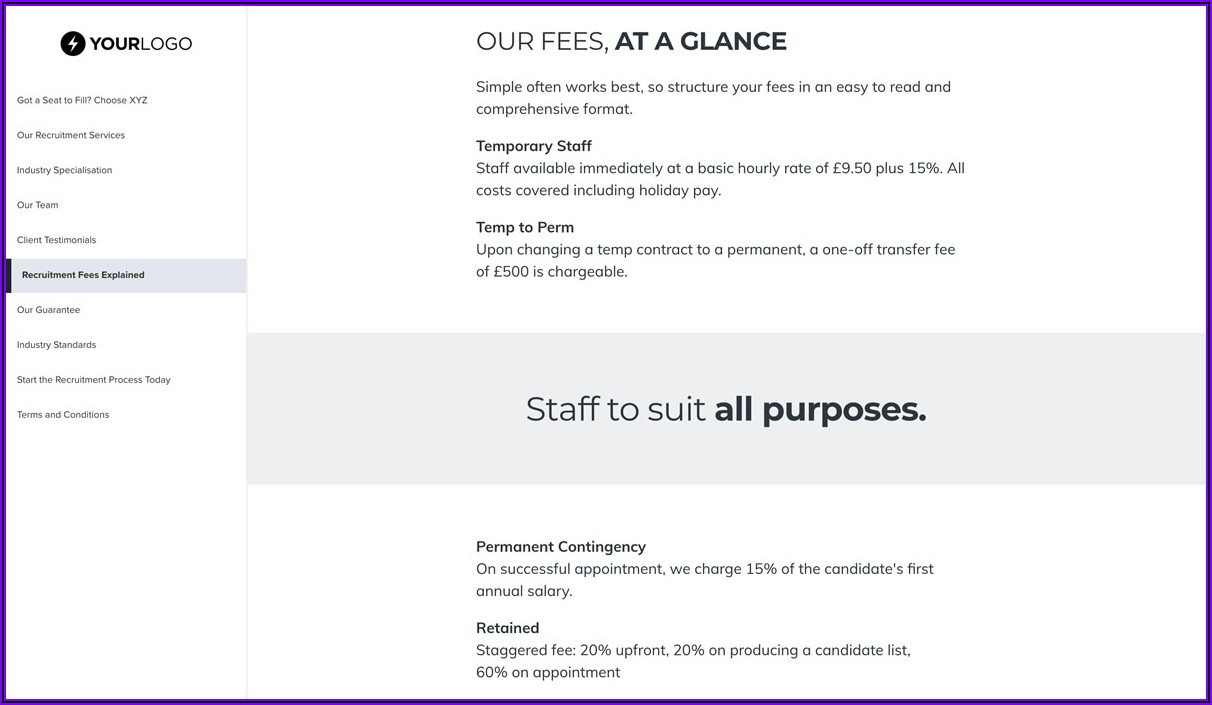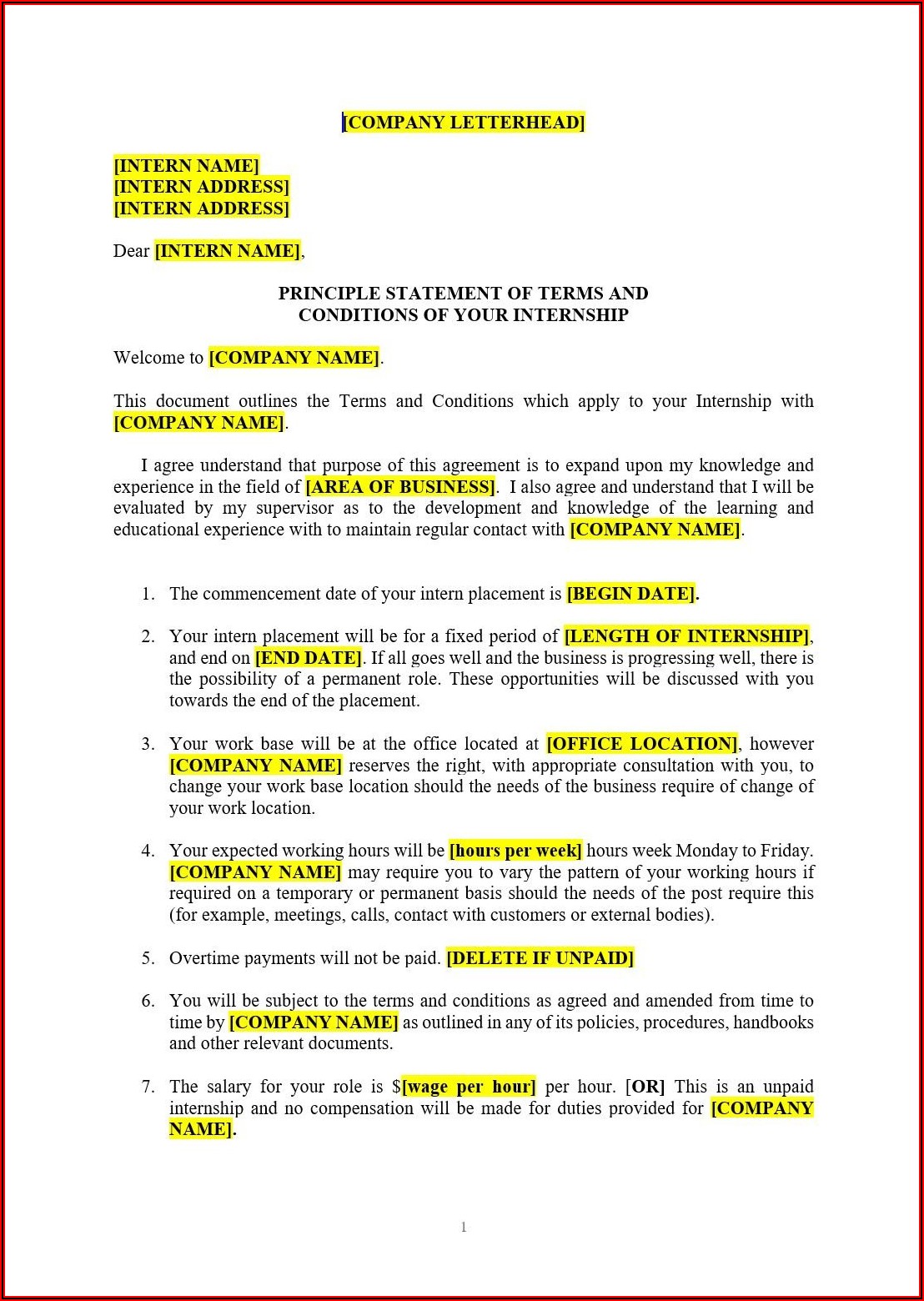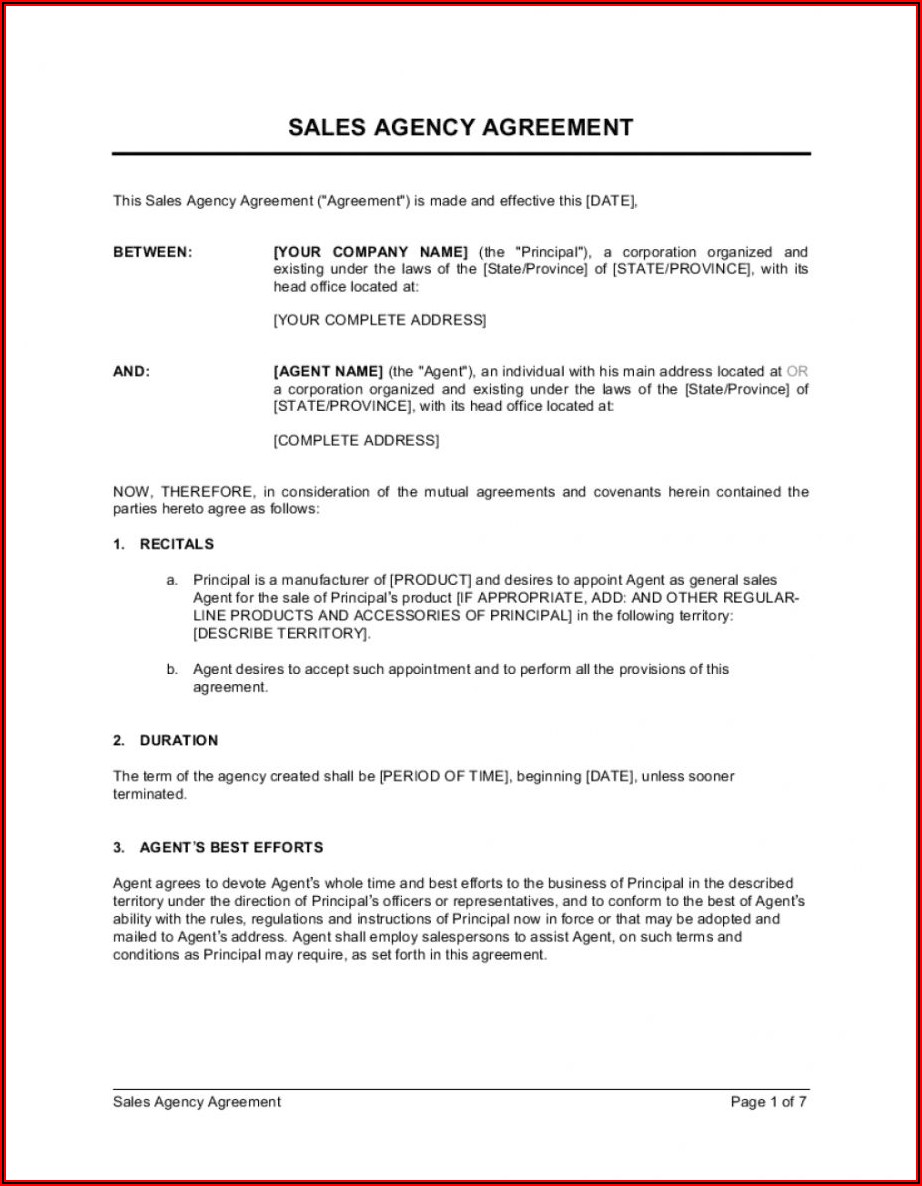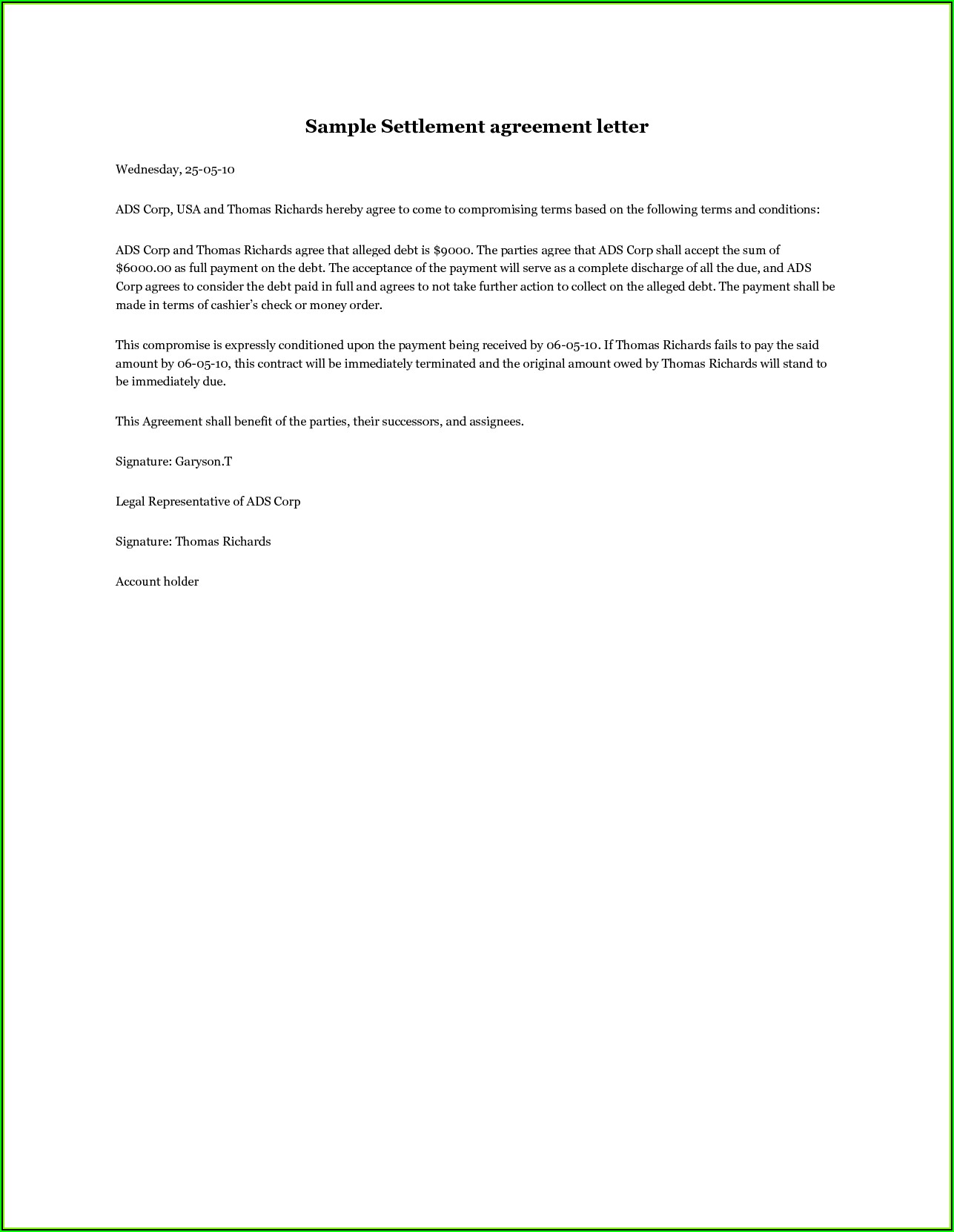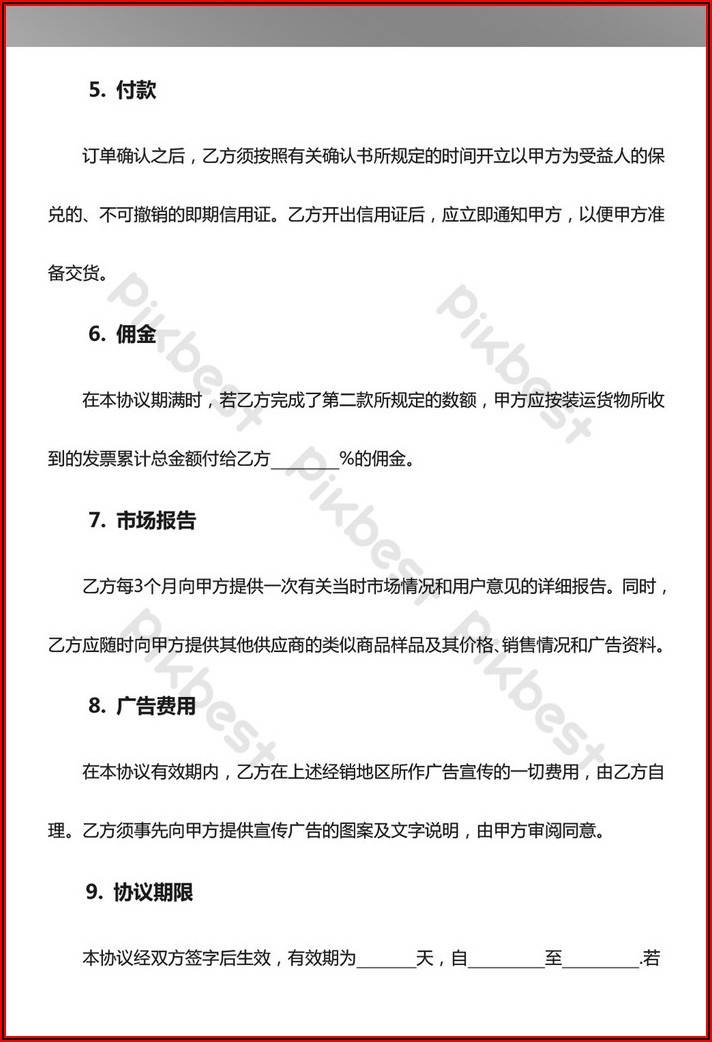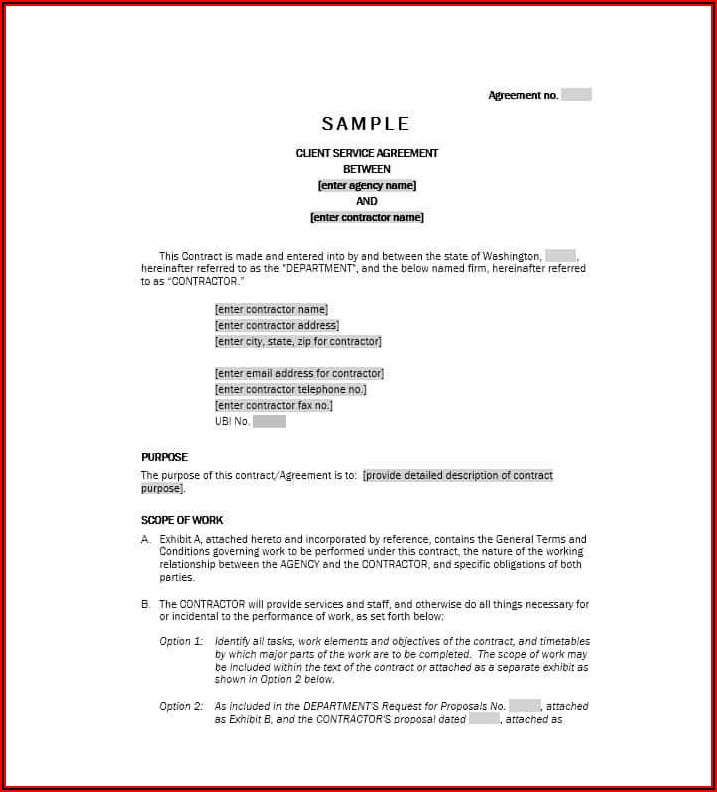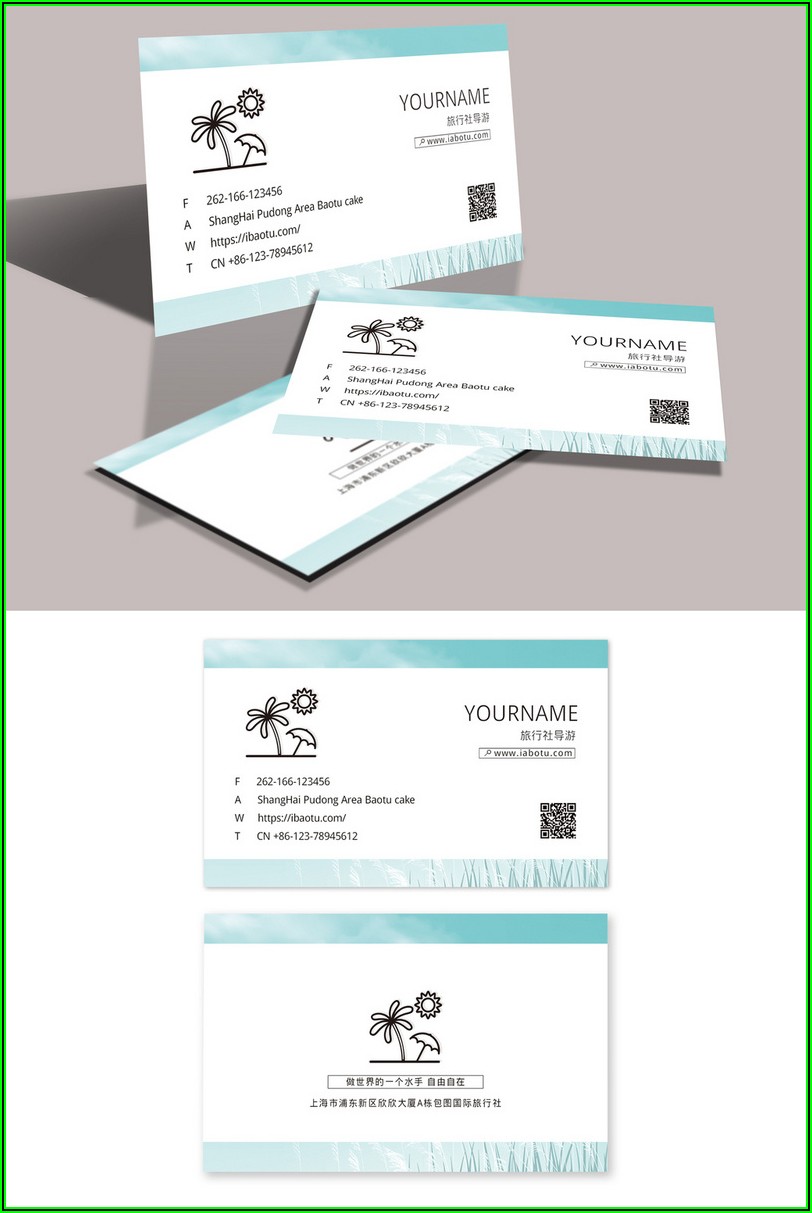
As the year winds down, it’s time to set goals for next year. It is easy to take current results and increase growth by X% and improve results by Z%. You might also consider some other options for the next year.
Many agencies have some “problem areas” that they are not addressing or not aware of. The top performing companies will rise to the occasion and address those “problem” areas in addition to the regular goals. These are some of the most common issues in agencies today and if they are addressed, will have a major impact on the firm’s overall performance.
1 – Concentrate on large accounts
Small accounts can, if managed properly, make money. Large accounts can still be managed poorly and make money. It is clear that 700 accounts with an average commission of $500 will take more time than 70 accounts that have an average $5,000. This is particularly true if small accounts are handled internally and not through a service centre. The best performing firms tend to focus on large accounts and have small accounts handled only by a special department of CSRs (and managed by a PL Manager), or sell the accounts off or move them to a center.
2 – Train staff and monitor results.
It is long past the days when an agency was staffed only by a salesperson and clerical staff. CSRs are highly skilled professionals who often know as much, if not more than the sales staff. Customers and companies expect more from agencies. Training is a must for agencies. Regular education is essential for staff on all aspects of insurance, including training in agency procedures and automation. Agents should allocate 2% of their revenue for training staff.
3 – Get Paperless Now!
There is no reason to not be paperless today. Many companies send electronic documents, if not all of them. Data storage systems can store large volumes of data and are inexpensive. The scanning systems are easy to use. It is important to note that agencies that go paperless see a dramatic increase in productivity. The greatest obstacle to becoming paperless is often the producers, especially the owners. Get out of the 20th Century and join the 21st century.
4 – Do not be a “C” Corporation.
A “C”-corporation agency should fire its CPA for giving bad advice. The majority of buyers will buy only the assets and not the stock of a company. Double-taxes can result for “C” companies. This will require creative gymnastics. This problem is not a problem for “S” corporations, LLCs, or partnerships. You should plan for the eventual sale of your business and set up a tax efficiency mechanism. Even if the business is not being sold to a third party “S” corp cannot be challenged by IRS as it gives owners excessive compensation. Another reason to be an S corporation is this.
5 – Based on their contribution, pay owners
We live in capitalist society. While equal pay for all owners of the company sounds great, it doesn’t work well if they are all working equally hard. The equal pay system can lead to animosity and contempt if one owner is working extra or the other owner has retired in place (RIP). Owners should be treated as employees. Pay for production and management. The bottom line profits can be divided up so that the owners are motivated to perform for the business, or strictly on equity.
6 – Create and use Account Executives.
For the 21st century, agencies will be looking for an Account Executive (AE). An AE is a combination of the CSR and producer. The AE is a producer who may lack sales skills but has the service skills of a CSR. This person is usually paid a salary at a lower rate than the producer’s renewal commission rate. An AE’s temperament is so favorable that they will be more likely to stay with the agency for a long time.
7 – Producers are paid to produce.
This is a continuation of point 6. A producer’s unique selling skill is what an agency requires. CSRs and Account Executives can handle servicing work. If producers do not handle all (or any) of the servicing or renewal of accounts, it is absurd to pay them 30% renewal commission. There are many producers who have built up a business book during their glory days and continue to live on that money for many years. These “farmers”, however, are an additional expense for the firm. To bring in new business, “hunters” are required.
8 – Troublesome Clients
The firm’s largest client has been in existence for many years and has maintained a good relationship with the agency owner. They are often late in paying their bills, have frequent claims and make a lot of service calls. Fire them! It is not a good idea to have accounts that are costly or cause headaches for the firm. With approval from the manager or producer, allow the CSRs not to renew one problem account per month.
9 – Cross Sell accounts
Highly niched firms (selling mono-line policies only) are often very profitable but also very vulnerable. It is more profitable to concentrate on a few industries and then sell multiple policies to these accounts. Cross selling is about property and casualty companies selling employee benefits insurance to clients. Retention can be improved by adding employee benefits policies to current clients. These sales can be made by wholesalers, support staff from carriers, or through an association of local benefits specialists.
10 – Start Your Business as a Company.
Points 1 through 9 all point to the same thing: All agency owners must run their business like a business. The owners must take steps to ensure that their business is professionally managed. To guide the company towards a more sophisticated business model, it is important to hire business consultants or agency managers who are well-educated.
Bill Schoeffler, a coach and business consultant with over 20 years experience working with entrepreneurs and small businesses, is Bill Schoeffler. Bill has a unique background in engineering, financial analysis and interpersonal skills.


